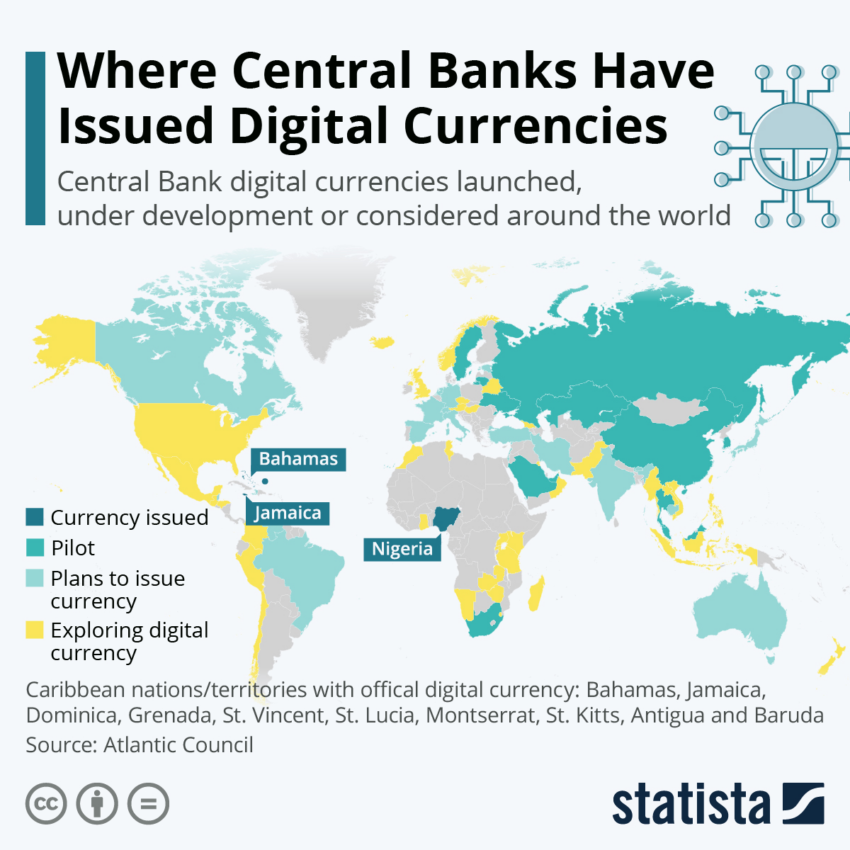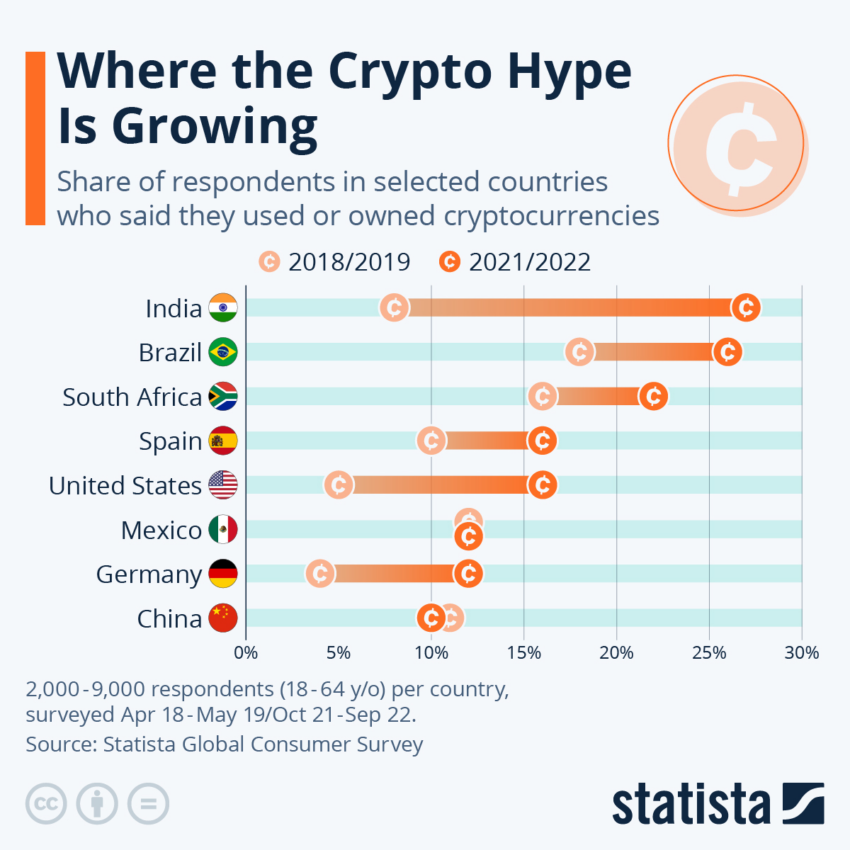
Banking and cash transfers in the United States can usually be a painstakingly sluggish course of. Unlike in lots of international locations the place the switch of funds can happen instantaneously, transferring cash between US accounts can take days. However, the US Federal Reserve seems to concentrate on this and plans to compete with crypto.
The Fed has developed FedNow, a high-speed transportation lane that would probably revolutionize the banking trade, permitting financial institution transfers to happen inside seconds identical to cryptocurrencies.
US Federal Reserve to Speed Up the Traditional Banking System
The Federal Reserve has acknowledged the want to evolve to keep related in a world the place monetary transactions will be executed immediately with cryptos. Launched in July, FedNow goals to revolutionize the American banking system. Until now, it has been notoriously sluggish, usually taking days for funds to be transferred between accounts.
Although digital platforms like PayPal’s Venmo and Block Inc.’s Cash App provide fast workarounds, they merely masks the sluggish mechanics of the conventional banking system.
FedNow goals to minimize by way of this crimson tape. It desires to facilitate on the spot financial institution transfers and eventually convey the US banking system up to pace with international locations that already provide near-instant financial institution funds.
The Automated Clearing House (ACH) has been the conventional technique of switch for many years. This system lumps transactions collectively, processing them at intervals that may take days to full.
This sluggish tempo has usually resulted in shoppers abandoning monetary transactions due to their prolonged processing instances. Additionally, it has been particularly pricey for these dwelling paycheck to paycheck who face late charges or overdraft penalties.
FedNow: Is It a Game-Changer?
One query many would possibly ask is why haven’t banks already solved this downside? The quick reply is that they have had little incentive to achieve this.
With revenue derived from overdraft charges and the skill to earn yields from short-term securities, rushing up the course of was not a precedence.
Some banks even provide their high-speed switch platforms, akin to Zelle or the real-time funds system (RTP). However, these are primarily marketed to enterprise prospects. While marketed as real-time companies, these too usually fall again on the legacy system and the financial institution extends short-term credit score till the funds settle.
FedNow’s introduction signifies the Federal Reserve’s intention to compete with crypto, leveraging its on the spot funds function.
However, with this function comes a caveat. Once a fee is made, it can’t be canceled or placed on maintain. Furthermore, not like bank cards, there are not any rewards or fraud safety with FedNow.
A Step Toward the Digital Dollar or Not?
Despite the limitations, the introduction of FedNow has spurred rumors of a transition towards digital forex. This narrative has been fueled additional by the rise in crypto’s reputation and the declining use of bodily money.
These rumors have been additional heightened by politicians speculating a few potential official government-backed digital forex to substitute the greenback. However, the Federal Reserve has denied these claims, asserting that FedNow is merely a device to expedite financial institution transfers.
On the different hand, the Commodity Futures Trading Commission (CFTC) has highlighted important dangers related to digital belongings. It raised questions on the monetary sector’s skill to handle these new challenges.
The volatility and unpredictability related to cryptos akin to Bitcoin have strengthened the want for sturdy risk-management guidelines. Consequently, prompting a reassessment of the CFTC’s current regulatory framework.
CBDCs: The New Frontiers in Money Competition
Central Bank Digital Currencies (CBDCs) are one more improvement stirring the monetary waters. Viewed as a response to the rise of cryptocurrencies, CBDCs intention to mix the stability of conventional currencies with the pace and accessibility of digital ones.
However, the promise of privateness safety, a elementary function of cryptocurrencies, stays unfulfilled in lots of proposed CBDCs.

Christine Lagarde, European Central Bank President, has said that central banks have little interest in utilizing shopper private knowledge in the provision of digital money.
“Is it going to be as private as cash? No. So a digital currency will never be as anonymous and as protecting of privacy, in many respects, as cash. Cash will always be around [for privacy],” stated Lagarde.
Still, it raises the query of whether or not a US CBDC may rival its worldwide counterparts on the privateness entrance.
This aggressive panorama, the place the worth proposition of privateness has change into important, may outline the success of CBDCs and, extra broadly, the future of cash.
Money in the Digital Age
It is evident that the Federal Reserve just isn’t sitting idle in the face of disruptive fintech improvements. With the introduction of FedNow, the Federal Reserve is making important strides to stay aggressive in digital finance.
However, how they proceed to adapt and evolve, particularly in privateness safety and the adoption of cryptocurrencies, stays to be seen.

Whether by way of quick fee techniques like FedNow or potential developments towards a privacy-focused CBDC, the competitors between CBDCs and cryptocurrencies will undoubtedly form the future of cash.
Disclaimer
Following the Trust Project tips, this function article presents opinions and views from trade consultants or people. BeInCrypto is devoted to clear reporting, however the views expressed on this article don’t essentially mirror these of BeInCrypto or its employees. Readers ought to confirm data independently and seek the advice of with an expert earlier than making selections primarily based on this content material.



